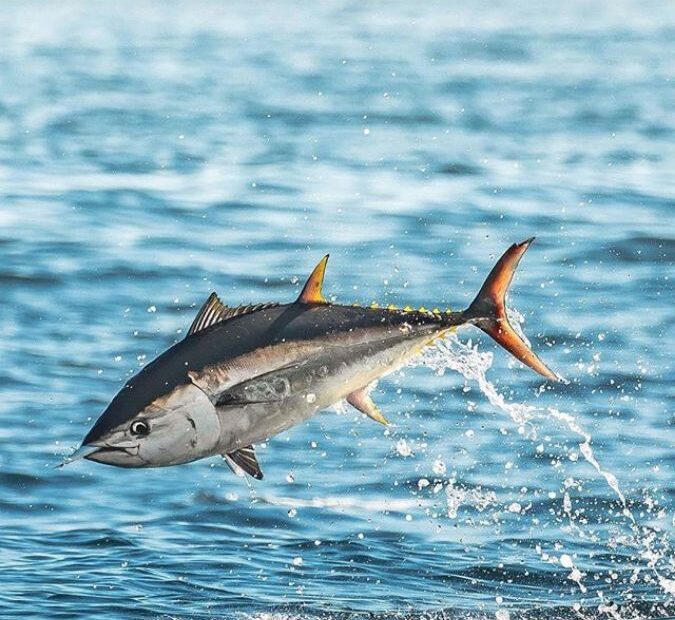The bluefin tuna is one of the most iconic species in the oceans, known for its critical ecological and economic importance.
With its highly valued meat in seafood markets, this species plays a vital role in marine ecosystems. However, the increasing demand for bluefin tuna has placed this species at great risk, with overfishing threatening its future.
Overfishing not only affects the bluefin tuna but also disrupts the entire marine ecosystem.
Understanding the impact of overfishing on this species and what can be done to protect it is essential to ensure future generations can continue to benefit from the bluefin tuna’s ecological role.
You can play a key part in preserving the bluefin tuna. In this article, we will explore how your choices as a consumer can positively impact the future of this iconic species.
Throughout this article, we will also present sustainable practices that can help protect the bluefin tuna and its environment.
How to Contribute to the Preservation of Bluefin Tuna: A Comprehensive Guide
The bluefin tuna is one of the most iconic and valuable species in the ocean, both ecologically and economically. Known for its prized meat, it is a key species in marine ecosystems.
However, overfishing has placed this species at risk, and without collective action, the future of bluefin tuna may be in jeopardy. In this comprehensive guide, we will explore how you, as a consumer, can play a vital role in protecting this species and ensuring its survival for future generations.
Follow these practical steps to help preserve bluefin tuna and its marine environment.
1. Understand the Impact of Overfishing on Bluefin Tuna
The first step in contributing to the preservation of bluefin tuna is to understand the significant impacts of overfishing on this species.
Overfishing occurs when fish are caught faster than they can reproduce, leading to a dramatic decline in their population.
Bluefin tuna are particularly vulnerable to overfishing because of their slow reproductive rate and high demand in global markets, especially in the sushi and sashimi industries.
Overfishing of bluefin tuna disrupts not only their population but also the balance of marine ecosystems.
As a top predator, bluefin tuna help maintain the health of the ocean by regulating the populations of smaller fish species.
When bluefin tuna populations decline, the entire marine food web can be affected, leading to long-term ecological consequences. Understanding these issues is essential for making informed decisions when consuming seafood.
